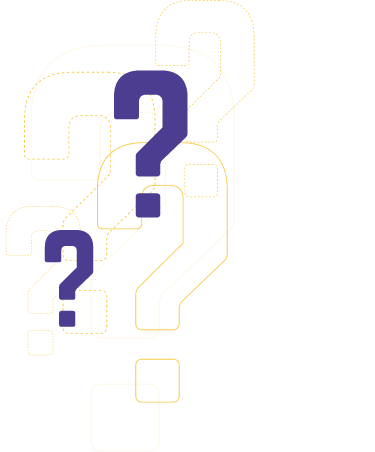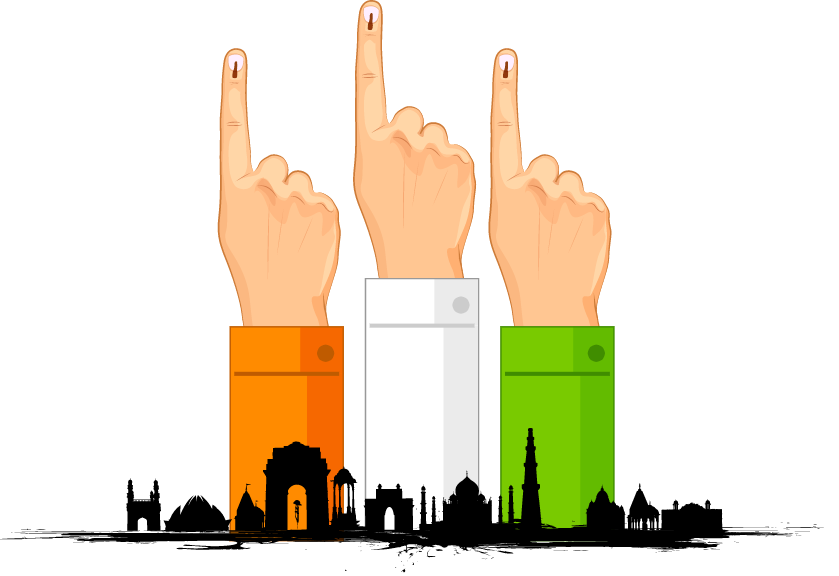About General Election 2024
See full live coverage of Election 2024 Last Phase of Lok Sabha.
Lok Sabha Election 2024 are being conducted in India from April 19 to June 1, 2024, in seven phases, to elect all 543 members of the Lok Sabha. The votes will be counted, and the Lok Sabha Election Result 2024 will be declared on June 4, 2024. Lok Sabha Election Exit Poll 2024 will be released by various agencies on June 1, 2024, after 6 PM.
The General Elections 2024 is the largest-ever election in history, surpassing previous records and lasting 44 days, second only to the 1951–52 Indian general election. The incumbent Prime Minister, Narendra Modi, who has completed his second term, is running for a third consecutive term in the Lok Sabha Election 2024.
The election schedule for the 18th Lok Sabha was announced by the Election Commission of India on March 16, 2024, and with it, the Model Code of Conduct came into effect. The tenure of the 17th Lok Sabha is scheduled to end on June 16, 2024.
As the Lok Sabha Election 2024 approaches, Indian politics have become increasingly bipolar with two major political alliances emerging: the incumbent NDA (National Democratic Alliance) and the opposition INDIA (Indian National Developmental Inclusive Alliance). Six national parties are contesting the Lok Sabha Election 2024: BJP (Bharatiya Janata Party), INC (Indian National Congress), CPI(M) (Communist Party of India (Marxist)), BSP (Bahujan Samaj Party), NPP (National People's Party), and AAP (Aam Aadmi Party), with all except the BSP being part of one of the two alliances.
The BJP, under Prime Minister Narendra Modi, is confident of winning a third straight term in power. PM Modi has set ambitious targets for the NDA, aiming to win over 400 Lok Sabha seats - a feat only achieved once in India's electoral history when Congress swept the polls in 1984. Additionally, for the BJP, PM Modi has set a target of over 370 seats. Meanwhile, several opposition parties, including Congress, are contesting in alliance under the recently-formed INDIA bloc. The opposition parties have been engaging in tricky seat-sharing negotiations across states to present a united challenge to the BJP in the Lok Sabha Election 2024.
In the 2019 Lok Sabha elections, the BJP stormed to power by winning 303 seats on its own, while the broader NDA alliance won 353 seats out of the 543 where elections were held. The opposition parties, especially Congress, were again reduced to the margins after the dominant performance by the BJP. The Congress managed to win just 52 seats in the lower house, a slight improvement from its worst-ever tally in 2014. In terms of vote share, the BJP won over 37.6% of the total ballots, while the Congress clinched 19.4% of the votes.
The Lok Sabha Election 2024 is crucial for both the BJP and Congress as it will define the political discourse for the next five years and beyond. For the BJP, another victory in the national polls will further cement its position as an unrivaled political force in the Indian electoral landscape. Besides the two national parties, the elections also hold significance for a host of regional parties who are trying to expand or retain their foothold across various states. Some of these parties include TMC, SP, DMK, AAP, BSP, JD(U), BRS, TDP, Shiv Sena (both factions), NCP (both factions), YSR Congress, CPM, and others.
Stay tuned with Moneycontrol for the latest updates on Lok Sabha Election 2024




















